“Sci-Fi” Vs. “SciFi”: When Consistency Matters More Than the Rules
So, magic writers, let’s talk “rules.” The other day, I had someone cruise by my Twitter profile and helpfully point out that the word scifi in all of my bio text and graphics should be hyphenated to sci-fi.
After a good eye roll, I agreed. And then I left it alone. Here’s why, and why consistency matters more than the rules when it comes to editing.
Yes, according to Merriam-Webster’s dictionary, scifi, no hyphen, is wrong. However, when I was writing content for my online world, including and especially for this website, and creating header graphics and promotional images, I deliberately chose not to honor M-W’s suggestion for the word and left the hyphen out.
BUT BUT BUT . . . da rulz?! You must follow them!!
No. You must not.
And, before your head explodes, let me explain. Yes, grammar, spelling, and usage rules are important and they should be followed most of the time. Like – 99%. But it is completely okay to break them on occasion for certain reasons, especially when those reasons are consistent, used wisely, and don’t do too much damage to a reader’s understanding of your story or other written content.
So, how can you know when to follow the rules and when you can bend or break them? Let me take you through my reasoning for not hyphenating scifi as an example.
- I didn’t like the way hyphenated sci-fi looked in graphics and social media profiles, especially when listed along with my other genre preferences.
- Merriam-Webster doesn’t hyphenate science fiction, the full word, of which scifi is an abbreviated version. To me, hyphenating one but not the other feels clunky, especially when both refer to the same genre. Not a judgment of M-W, just the way my brain “logics.”
- I was trained to honor an author’s style, voice, and preferences, even if they might bend or break a rule or three, but only as long as that voice, style, or preference is used consistently throughout the manuscript and doesn’t take a reader out of the flow of the story. Since I am the author of my online presence, and scifi is still easily understood without the hyphen, I decided to honor my preference and use it the way I wanted to.
Does this work for everything? For example, can an author punctuate a question with a period or misspell words willy-nilly? I suppose, but they’d better have a damn good reason, or it better make sense for the story/character. If I were their editor, I’d first have a serious discussion with them about why they’re making that choice and how it might cause reader confusion.
But if their rule breaking was appropriate for the book or character (especially if it was done in dialog), was used consistently, and wasn’t horribly distracting to the reader, I’d stet it. (Psssst, stet means “leave it alone” in editor-speak.)
So, magic writers, that’s why I think it’s really important when selecting an editor to find one who isn’t a rule hound but honors your unique voice and style (where appropriate) and is willing to let you bend a few rules. And, that’s double-why it’s important to get a sample edit! A sample, or trial, edit will show you if an editor wields the rules like an iron fist or takes a more thoughtful approach and how they communicate with you about their editing choices.
And, I just so happen to offer a FREE TRIAL EDIT on one chapter of your book (up to 5,000 words). Click here to apply.




